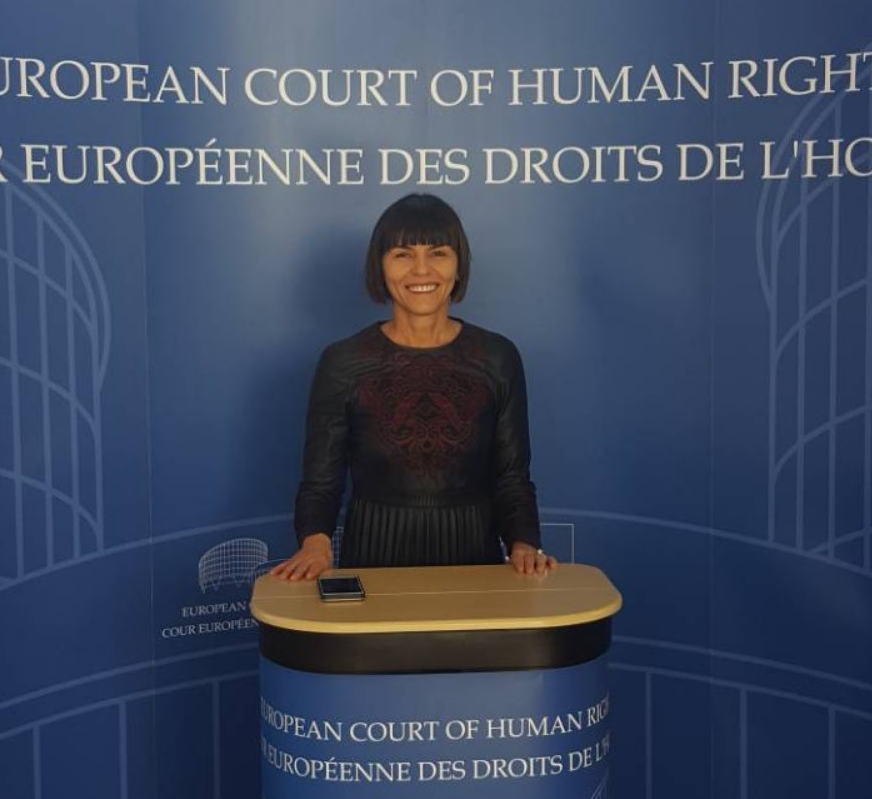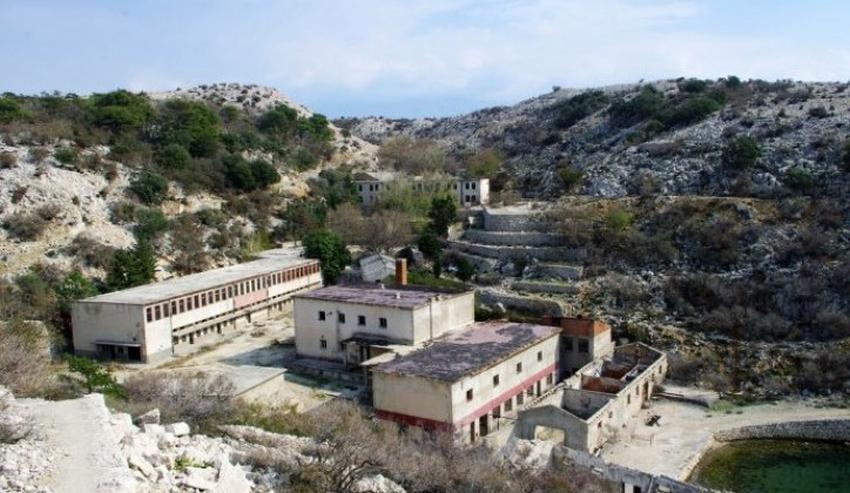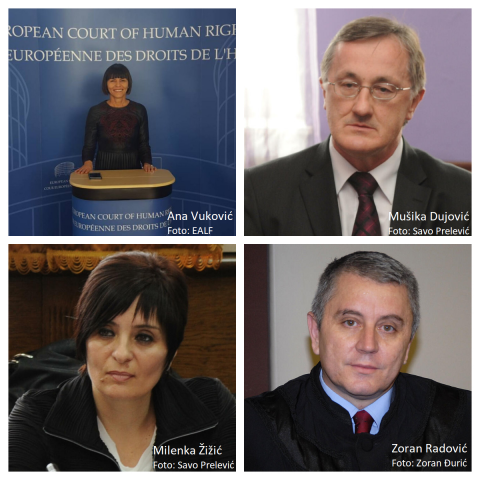
THE ELECTION OF ANA VUKOVIĆ AS PRESIDENT OF THE SUPREME COURT WOULD REPRESENT A HISTORICAL CHANCE FOR THE INDEPENDENCE OF THE JUDICIARY AND COMPENSATION FOR TIME THAT WAS LOST ON THE PATH TO THE EUROPEAN UNION
19/06/2021
IN MONTENEGRO WITHOUT JUSTICE FOR GOLI OTOK’S VICTIMS
28/06/2021IN EXPECTATION OF TOMORROW’S SUPREME COURT JUDGES’ INTERVIEWS WITH CANDIDATES FOR THE PRESIDENT OF THAT COURT

The Supreme Court informed us today that tomorrow’s interviews of judges of that court with candidates for the position of President of the Supreme Court will not be open to the public. Judge Stanka Vučinić, the Acting President, briefly informed the Human Rights Action that the General Session of the Supreme Court will not be open to the public.
Last week, we addressed Ms. Vučinić with a request that the interviews be made public. Namely, after the interviews, the judges of the Supreme Court will select only one of the four candidates who have applied and propose this person to the Judicial Council. The Council will thus only be able to accept or reject the proposed candidate.
The Judicial Council will then publicly interview the one candidate, chosen by the Supreme Court by secret ballot and two-thirds majority. The previous candidate who was chosen by the Supreme Court, i.e. the Supreme Court judge Miraš Radović and former Minister of Justice, did not receive the required two-thirds majority of votes in the Judicial Council, so the selection process was repeated.
The Judicial Council has published the CVs and work programmes of the four candidates, regarding whom it has previously established that they meet the requirements for the position of President of the Supreme Court prescribed by law. The candidates are judges of the High Court in Podgorica, Ana Vuković (1965) and Zoran Radović (1963), and judges of the Appellate Court, Milenka Žižić (1963) and Mušika Dujović (1959). Judge Dujović is also the President of the Appellate Court.
According to the contents of the proposed work programmes, everyone believes that the transparency of the work of the courts and the trust of citizens in their work should be increased, that there is a need to provide adequate court buildings, introduce the court police, and improve the system of the judges’ performance evaluation. The majority also believes that the Supreme Court should improve its cooperation with the Constitutional Court and courts of lower instance. Most candidates are of the opinion that it is important to further improve the IT system in the judiciary, and that citizens should be informed about alternative methods of dispute resolution and the free legal aid system. The programmes match in terms of a significant number of proposals, and differ in the degree of critical approach to the existing situation, including the legal framework and practice. Abbreviated versions of the proposed work programmes are available here.







 English
English